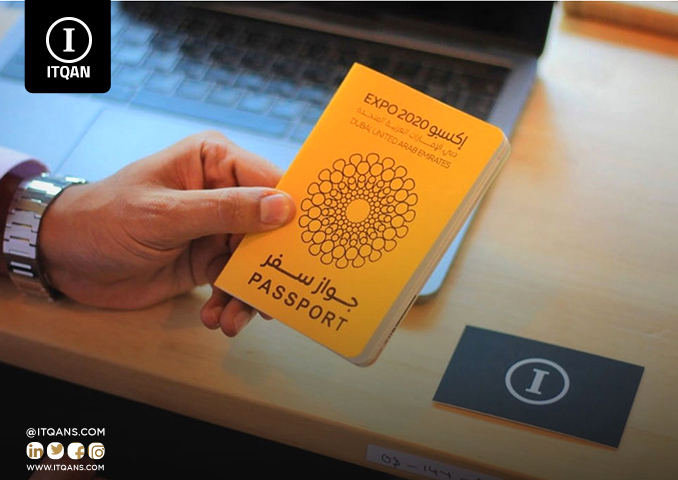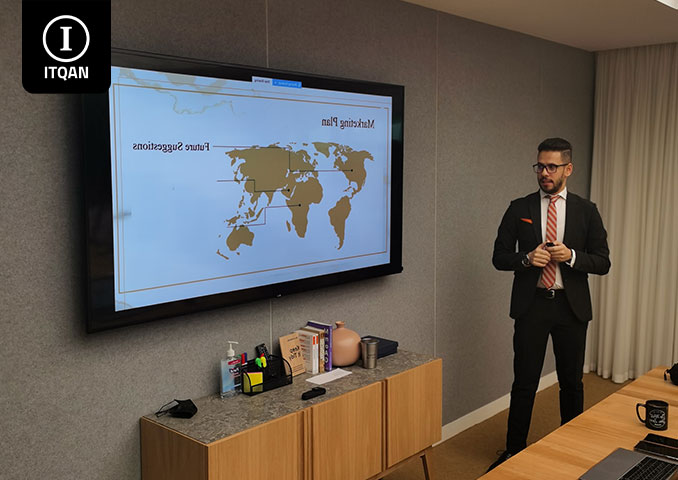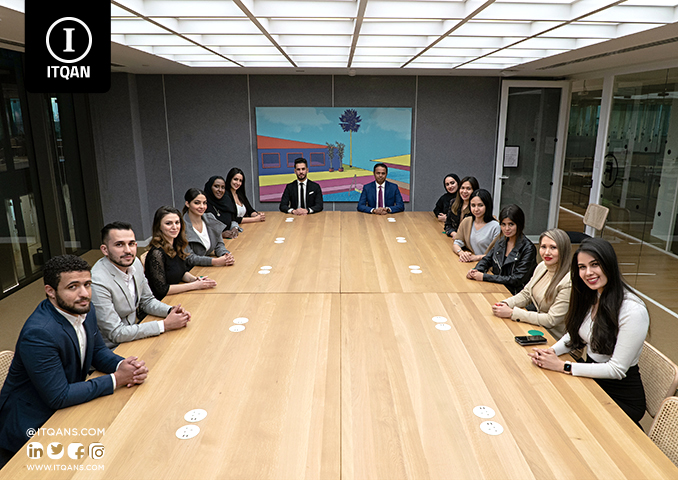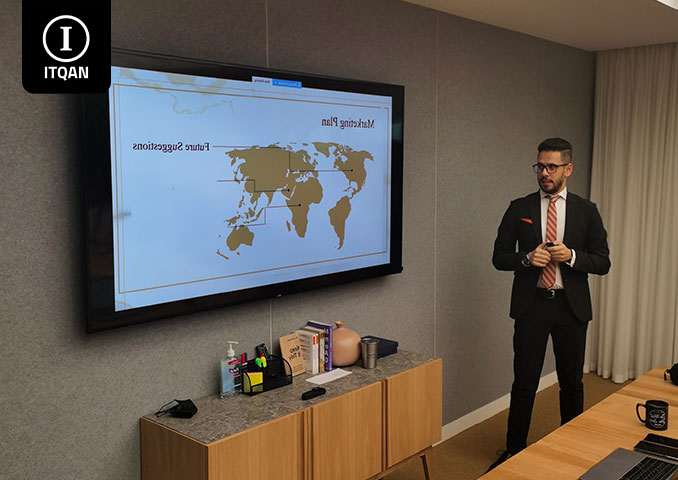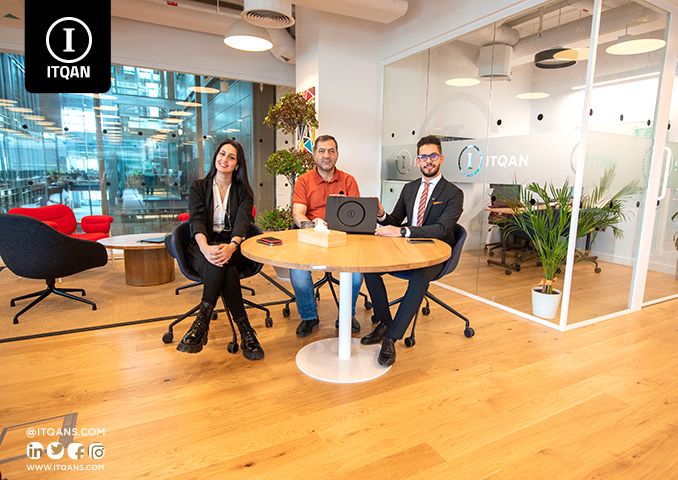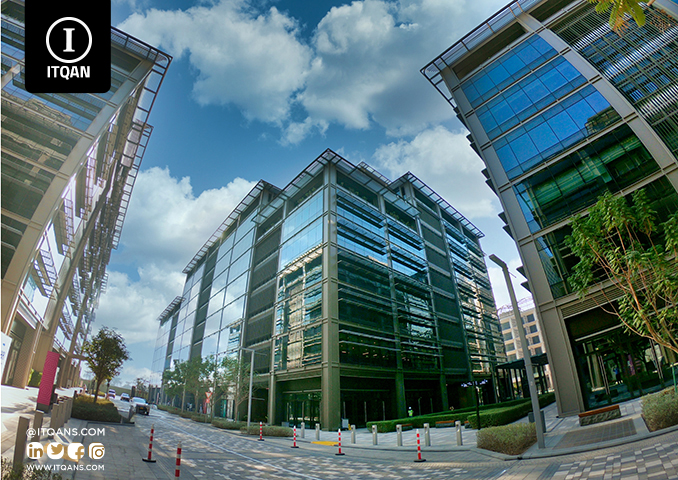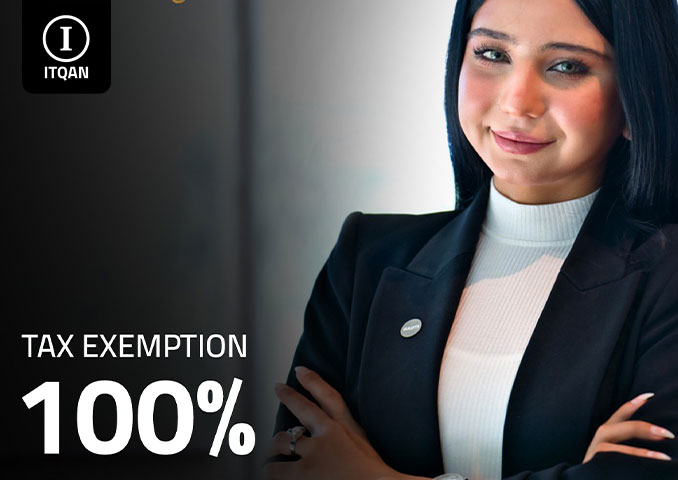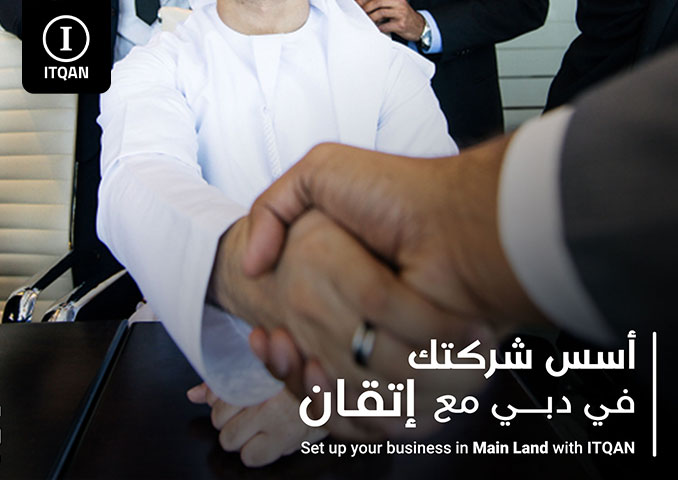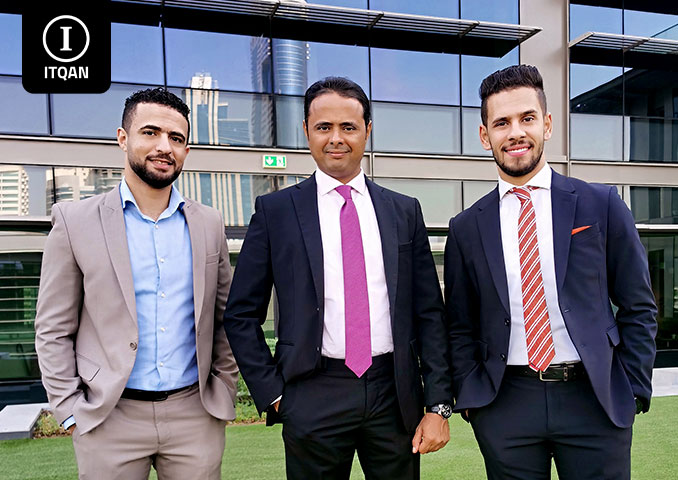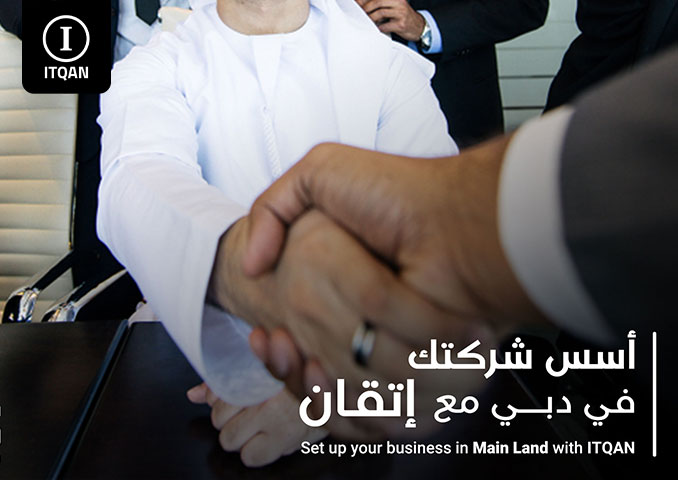Dubai’s free zones are one of the most prominent economic landmarks that contribute significantly to the growth and diversification of the UAE economy. These areas provide an ideal environment for foreign investors and companies, thanks to the trade facilities and flexible procedures they provide. Dubai’s free zones offer multiple opportunities to establish businesses with various advantages, including tax exemptions, full company ownership, and ease of issuing licenses. They also allow investors to enjoy modern infrastructure and advanced logistical resources, making them a preferred destination for expansion and growth in global markets. Thanks to these advantages, Dubai’s free zones have become the focus of many entrepreneurs and investors from all over the world.
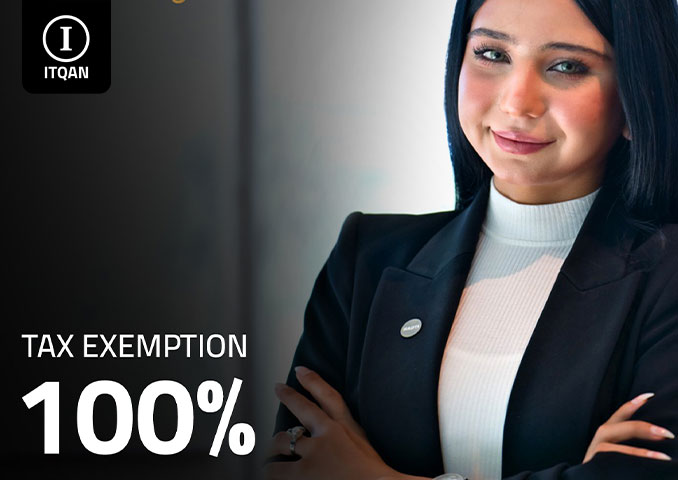
What are the most famous free zones in Dubai?
Dubai is considered one of the most prominent global destinations for investment and trade, due to the presence of many free zones that provide special advantages and facilities for investors and companies. The most prominent free zones in Dubai are:
- Jebel Ali Free Zone (JAFZA): One of the largest free zones in Dubai, it attracts many global companies in diverse sectors such as manufacturing, trade and logistics.
- Dubai World Trade Centre (DWTC): Focuses on the commercial and services sector, and provides companies with access to a wide network of global markets.
- Dubai Airport Free Zone (DAFZA): Focuses on providing services to companies operating in the field of aviation and international trade, and provides easy access to the airport.
- Dubai Internet City (DIC): Dedicated to technology and internet companies, it provides advanced infrastructure and support services for start-ups.
- Dubai Healthcare City (DMC): Focuses on the healthcare and medical sector, providing an integrated environment for companies, hospitals and clinics.
- Dubai Industrial City (DIS): Provides opportunities for industrial companies and manufacturers, featuring modern infrastructure and large storage spaces.
Jebel Ali Free Zone – Port Area (JAFZA): Offers special facilities for companies dealing with shipping and international trade.
Types of companies in Dubai free zones
Here is a table showing the types of companies that can be established in the free zones in Dubai:
| Company Type | Description |
|---|---|
| Limited Liability Company (LLC) | It is owned by one party or a group of investors, and is responsible for the company’s debts up to the limits of the invested capital. |
| Branch Office | It represents a branch of a parent company located outside the UAE, and carries out the commercial activities carried out by the parent company. |
| Private Limited Company (SPV) | A specialized company that aims to implement a specific project or contain specific assets, and is characterized by flexibility in administrative organization. |
| Commercial Company | Specializes in trading products or providing services, and benefits from the facilities for commercial activities in free zones. |
| Holding Company | Invest in and control other companies, and enjoy special regulatory and financial advantages in free zones. |
| Investment Company | It focuses on managing and directing investments, and benefits from the attractive business environment for investment in the free zones. |
| Service Company | It offers specialized services such as consulting or logistics, and benefits from the advanced business environment in the free zones. |
Each of these types of companies offers different advantages that suit different activities and objectives, allowing investors to choose the type that best suits their needs.
Requirements for establishing a company in the free zones in Dubai
Establishing a company in Dubai’s free zones requires a set of basic procedures and requirements that vary slightly between free zones but are generally similar. Here’s an overview of the basic requirements:
- Choosing a business activity: Determine the type of business activity you wish to practice, as each free zone may specialize in certain types of activities.
- Choosing a Free Zone: Choose the free zone that suits your business. There are free zones specialized in specific sectors such as technology, industry, trade, and services.
- Company Name: Choose a name for your company according to the standards and regulations set by the free zone. The name must be unique and not similar to other company names.
- Licenses and Approvals: Apply for the appropriate business license. You may need to submit documents such as a business plan, identification, ownership documents, and business approval.
- Visas: Apply for work and residence visas for founders and employees according to the number of visas allowed in the free zone.
- Office or commercial space: Choose an office or commercial space in the free zone. This space can be a small office or a full office depending on your needs.
- Financing: You may need to deposit initial capital or financial guarantee as per the requirements of the free zone. This varies depending on the type of activity and the size of the company.
- Legal Documents: Prepare the required legal documents such as passports, previous trade licenses, and company registration documents.
- Contract and Agreements: Sign the required contracts and agreements with the free zone administration, which include details such as the company’s rights and duties and compliance with local laws.
By following these steps, you can establish your company in one of the free zones in Dubai and benefit from the advantages offered by these zones.
Documents for establishing a company in the free zones in Dubai
To set up a company in Dubai free zones, you need to submit a set of basic documents. These documents typically include:
- Company establishment application: Filled out and submitted to the relevant authority in the free zone.
- Copies of passports: for all partners and directors.
- Residence visas: if applicable, especially for partners or directors residing in the UAE.
- Personal photo: recent for partners and directors.
- Articles of Association and Memorandum of Association: Prepared and notarized by a certified lawyer.
- No Objection Certificate: If one of the partners or managers works for another entity, a No Objection Certificate must be obtained from the employer.
- Business Plan: Describes the nature of the business and future plans.
- Proof of office address: Office lease contract or letter from the free zone proving the availability of an office.
- Company establishment fee: depends on the free zone and type of activity.
Some free zones may require additional documents or special conditions, so it is best to check the specific requirements of the free zone in which you plan to establish.

The importance of free zones in Dubai
Free zones in Dubai are essential elements that contribute to the economic and commercial growth of the emirate. Here are the most important reasons for the importance of these zones:
- Attracting foreign investment: Free zones provide a stimulating environment for foreign investors thanks to benefits such as tax exemptions and full company ownership, making Dubai a preferred destination for international investment.
- Promoting economic diversification: Free zones contribute to enhancing economic diversification by attracting companies from various sectors such as technology, trade, industry, and services, which enhances the sustainability of the local economy.
- Providing job opportunities: Free zones contribute to creating new job opportunities by attracting major companies and expanding their activities, which contributes to reducing unemployment rates and strengthening the labor market.
- Improving infrastructure: Free zones focus on developing advanced infrastructure including logistics, administrative, and communications facilities, which supports business growth and makes Dubai a major business hub.
- Promoting innovation and technology: Free zones provide an ideal environment for technology and innovation companies, contributing to strengthening Dubai’s role as a leading technology hub in the region.
- Facilitating international trade : Free zones contribute to facilitating the movement of goods and services to and from global markets thanks to their strategic location and the presence of advanced logistics facilities.
- Entrepreneurship Support: Free zones provide significant support to startups and entrepreneurs by offering a variety of services such as business licenses, legal advice, and the infrastructure needed to establish and grow businesses.
- Providing a flexible regulatory environment: Free zones offer flexible and fast procedures for establishing companies, reducing bureaucratic complexities and enhancing the ease of doing business.
Through these advantages, Dubai’s free zones effectively contribute to boosting the local economy and enhancing Dubai’s position as a global hub for business and investment.
In conclusion, Dubai’s free zones are one of the key drivers that enhance the emirate’s appeal as a global business hub. Offering unlimited benefits such as tax exemptions, full ownership, and advanced infrastructure, these zones provide an ideal environment for investment and economic growth. Free zones help attract foreign investment, promote economic diversification, and create new job opportunities, further strengthening Dubai’s position as a leading business hub. With a flexible regulatory environment and extensive support, Dubai’s free zones remain a preferred choice for many businesses and entrepreneurs seeking to succeed and grow in competitive global markets.
Frequently Asked Questions About Dubai Free Zones
Do free zones provide work and residence visas?
Yes, free zones provide work and residence visa services for founders and employees based on the number of visas allowed.
How to choose the right free zone to establish a company?
The choice of free zone depends on the type of business activity, geographical location, facilities provided, and costs. It is advisable to consult local advisors to help you make the right decision.
What are the costs of establishing a company in the free zones?
Costs vary depending on the free zone and company type, and may include incorporation fees, rents, licensing fees, and visas.
Can a company in a free zone conduct business outside the free zone?
Companies in free zones can conduct business activities within the free zone, but may require an additional license or a local partner to conduct activities outside the free zone.



